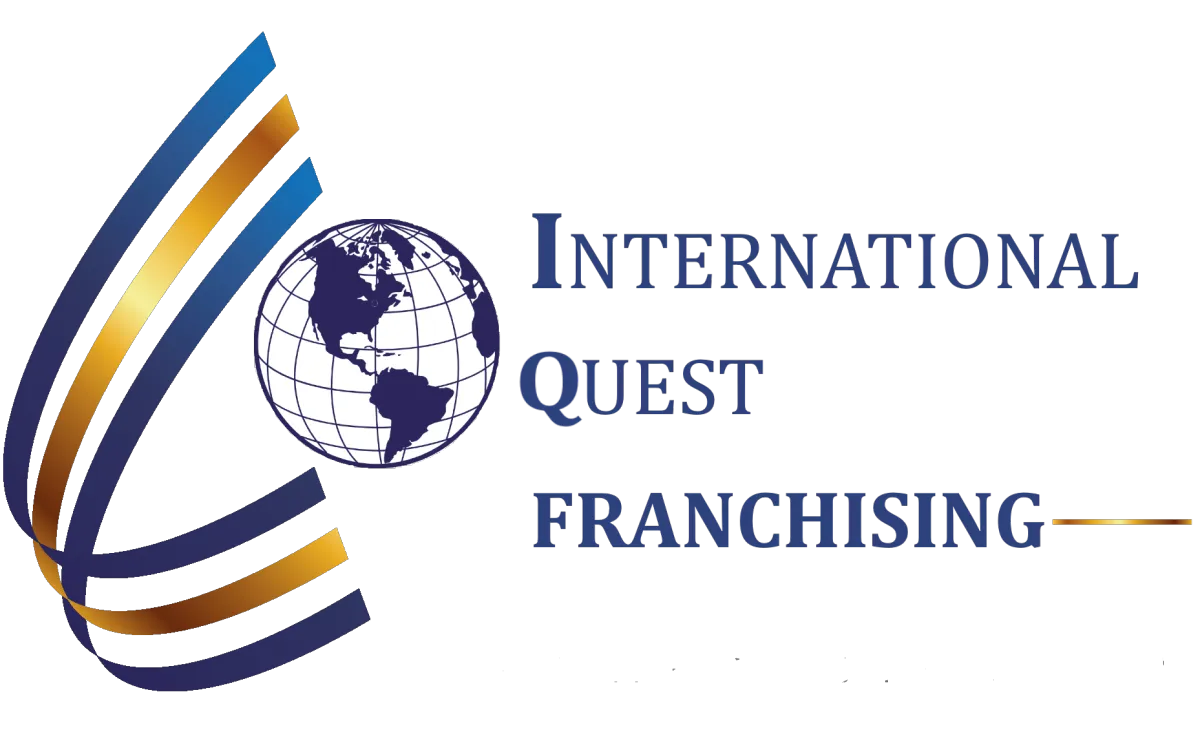
Ensuring Franchise Compliance and Regulation
Ensuring Franchise Compliance and Regulation
Franchise compliance and regulation play a crucial role in the success and sustainability of any franchise system. Adhering to legal and regulatory requirements helps protect the brand, ensures operational consistency, and maintains trust among franchisees and customers.

Common compliance challenges include navigating complex regulations, ensuring uniformity across different locations, and managing evolving legal requirements. These challenges can vary significantly depending on the region or country in which the franchise operates, making it vital for franchisors to stay informed.
The franchise agreement sets the compliance standards by outlining the obligations and expectations for both franchisors and franchisees. This legally binding document serves as the foundation for operational consistency and protects both parties from potential legal disputes.
Non-compliance can tarnish a franchise's reputation, leading to loss of customer trust, legal penalties, and operational disruptions. Upholding compliance standards is not just a legal necessity but a critical component of brand integrity.
Need Help? Use International Quest Franchising, LLC
IQ Franchising helps businesses grow and expand through franchising by working closely with clients to build strong, successful franchise systems. We start by understanding your business, then develop a strategic plan that addresses challenges and maximizes profits. Our expertise in project management and operational efficiency, like Lean & Six Sigma, ensures your franchise system is both effective and sustainable. With our support, your business can thrive, and franchisees can make a positive impact in their communities. Let us help you achieve success and reach your franchising goals. To learn more, Visit. (916) 774-7142
Understanding Franchise Laws and Regulations
Franchise laws and regulatory bodies govern the franchise sector to ensure fairness and transparency. Key regulatory bodies include the Federal Trade Commission (FTC) in the United States, which enforces the Franchise Rule requiring disclosure documents.
Franchise regulations differ significantly by region. For instance, while the United States uses the Franchise Disclosure Document (FDD), other countries like Australia use the Disclosure Agreement. Understanding these regional differences is crucial for international franchising.
To stay current with evolving franchise laws, franchisors should frequently consult legal experts and subscribe to industry publications. Regular training sessions for franchisees and franchisors can also help in staying updated.
There are numerous resources available for understanding legal obligations. These include regulatory body websites, franchising associations, and legal advisory services that specialize in franchise law.
Developing a Robust Compliance Program
Creating a comprehensive compliance program begins with identifying all relevant regulations and legal requirements. This should be followed by the development of clear policies and procedures that ensure adherence to these standards.
Integrating compliance into daily operations can be achieved by embedding compliance checks into routine processes. This integration helps in maintaining a continuous state of readiness for audits or inspections.
Clear communication of compliance policies is essential. This involves ensuring that all franchisees understand their obligations and the consequences of non-compliance. Regular updates and reminders can help in keeping everyone aligned.
Technology can play a significant role in monitoring compliance. Tools such as compliance tracking software and automated reporting systems can help in maintaining consistent standards and identifying issues proactively.
Training and Educating Franchisees
Initial and ongoing training is vital for ensuring that franchisees understand and adhere to compliance standards. Training should cover key aspects of franchise law, operational procedures, and ethical practices.
Effective methods for compliance training include workshops, online courses, and interactive sessions that often use case studies for practical learning. Continuous education programs can keep franchisees updated on new regulations and best practices.
Training materials should be clear, concise, and regularly updated. Resources such as manuals, video tutorials, and FAQs can support franchisees in understanding complex compliance requirements.
Encouraging a culture of compliance involves recognizing and rewarding franchisees who consistently adhere to standards. This positive reinforcement can motivate others and foster a collective commitment to compliance.
Conducting Regular Audits and Inspections
Routine audits and inspections are critical for ensuring continuous compliance. They help identify potential issues before they escalate and provide an opportunity for corrective action.
Audits can vary from self-assessments to third-party inspections. The frequency of these audits depends on the franchise’s size and complexity but should generally be conducted at least annually.
Preparing franchisees for audits involves clear communication about what to expect, providing checklists, and offering pre-audit consultations. This preparation helps in reducing anxiety and ensuring smooth inspections.
The results from audits should be used constructively to improve compliance practices. Sharing the outcomes with franchisees and developing action plans for identified issues can lead to overall operational improvements.
Addressing Non-compliance and Enforcing Standards
Identifying and investigating non-compliance issues involves active monitoring and transparent reporting mechanisms. It’s important to address complaints and anomalies promptly and discreetly.
Implementing corrective actions may include retraining, fines, or even termination of the franchise agreement in severe cases. Clear documentation of these actions helps in maintaining legal integrity.
Non-compliance can have significant legal implications for franchisees, including lawsuits and financial penalties. Franchisors must ensure that these implications are clearly outlined in the franchise agreement.
Effective enforcement strategies include regular training, clear communication, and consistent application of consequences. Case studies of successful enforcement can provide valuable insights for other franchisors.
Leveraging Technology for Compliance Management
Several tools and software can aid in compliance tracking and reporting. These include digital audit checklists, compliance dashboards, and cloud-based document management systems.
Automated compliance management systems offer significant benefits such as real-time monitoring, reduced manual errors, and timely notifications of compliance deadlines.
AI can enhance proactive compliance monitoring by analyzing data patterns and predicting potential compliance risks. This allows franchisors to address issues before they become problematic.
Case studies highlighting the use of technology in compliance management show improved efficiency and reduced risk. These examples can guide franchisors in selecting and implementing the right tools.
Case Studies and Best Practices
Successful franchise compliance programs are often characterized by continuous training, robust audit mechanisms, and strong leadership commitment. These programs support franchisees in understanding and meeting compliance standards effectively.
Lessons learned from compliance failures often highlight the importance of proactive monitoring, clear communication, and regular updates to compliance protocols. These failures can serve as learning opportunities for other franchisors.
Best practices from industry leaders include investing in technology, fostering a culture of compliance, and maintaining open channels of communication. These practices help in building resilient franchise systems.
Compliance experts recommend regular training, leveraging technology, and maintaining transparency to ensure consistent compliance across all franchise locations. Their insights can be invaluable for both new and established franchisors.
Future Trends in Franchise Compliance
Emerging trends in franchise regulation include increased focus on data privacy, environmental regulations, and ethical labor practices. Staying ahead of these trends can help franchisors maintain compliance.
Digital transformation impacts compliance by introducing new tools and processes. Franchisors need to adapt quickly to these changes to ensure continued compliance in a digital age.
Future compliance challenges may involve navigating complex international regulations and addressing new legal requirements prompted by technological advancements. Preparation and adaptability are key to managing these challenges.
Industry analysts and experts predict that the integration of AI and other advanced technologies will revolutionize compliance management. Franchisors should stay informed about these developments to leverage them effectively.
International Quest Franchising, LLC Business Address: 3017 Douglas Blvd. Ste. 300 City: Roseville State: CA Zip: 95661 Phone: (916) 774-7142

